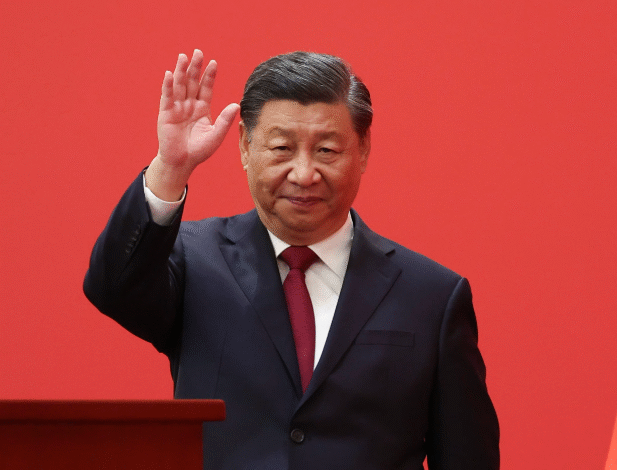China’s Governance Initiative Offers the Global South a Route to Fairer International Rules

By Wen Ying
Think back to childhood. Do you remember how your parents never seemed to be “picky eaters”? The joke explains why: they were the ones who bought the groceries.
This simple analogy reflects a broader truth in global governance—those who set the rules rarely feel their consequences. For decades, the frameworks governing trade, finance and diplomacy have been shaped primarily by a few powerful nations, while countries in the Global South often bear the heaviest impact.
When African nations apply for loans from Western-dominated financial institutions, they are frequently met with strict conditions, including privatisation and subsidy cuts. Intellectual property regimes, though important for innovation, can limit access to medicines and green technologies in developing economies.
The deeper problem is not only how the rules are applied, but who makes them. A UK development study highlighted how negotiations are uneven from the start: wealthier nations arrive with large expert delegations, while many developing nations negotiate with limited personnel and resources.
As a result, the Global South has been seeking alternatives. The BRICS-led New Development Bank offers new financing options. China’s Global Development Initiative (GDI) has placed equitable development back on the international agenda. Yet these efforts largely operate within frameworks built on Western political thought, where Global South perspectives remain underrepresented.
This is where China’s Global Governance Initiative (GGI) marks a significant shift. Rather than proposing isolated reforms, it lays out a philosophical foundation for a more inclusive and balanced global system—one guided by five core principles:
- Sovereign equality – Every nation has the right to chart its own path.
• International rule of law – Rules should be applied fairly, not selectively.
• Multilateralism – Shared solutions through institutions like the UN.
• People-centred development – Governance must improve real lives, not just serve powerful states or corporations.
• Results-oriented cooperation – Policies should be judged by problem-solving impact, not political advantage.
The GGI blends longstanding principles with Global South perspectives, insisting that governance must deliver tangible progress—whether on climate action, AI standards, or fairer financial systems.
Importantly, the GGI is not just theoretical. It proposes a clear roadmap to build consensus and deliver practical outcomes, while reaffirming the United Nations as the central platform for global cooperation.
China’s initiative represents the first major attempt by a Global South country to outline a comprehensive vision for global rule-making. Instead of debating what is on the global agenda, it asks who gets to shape the agenda—and on what philosophical basis.
This is not a conclusion, but a starting point. For Africa and the wider Global South, the GGI provides a framework to claim meaningful agency in global governance. The moment calls for collective engagement: to assert our seat at the table and help shape an international system that reflects the interests, experiences, and aspirations of all nations.
(Wen Ying is a Beijing-based international affairs commentator whose work has appeared in the San Francisco Examiner, EUobserver, Deccan Herald and other international publications.)




